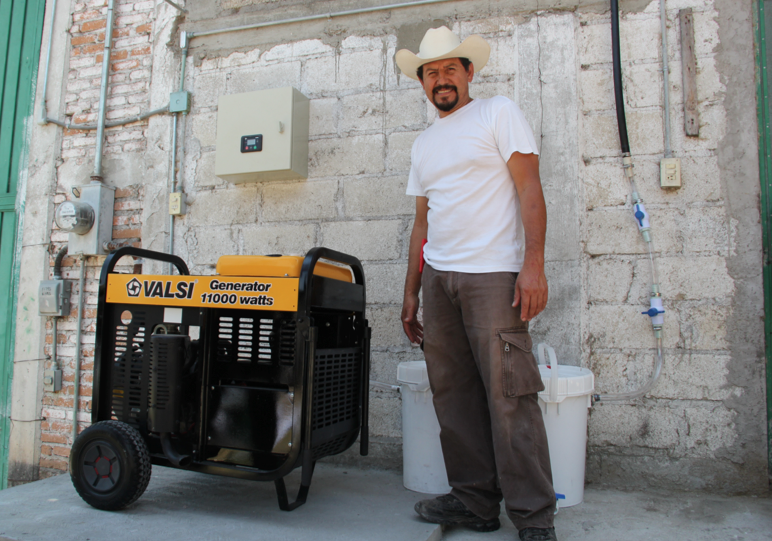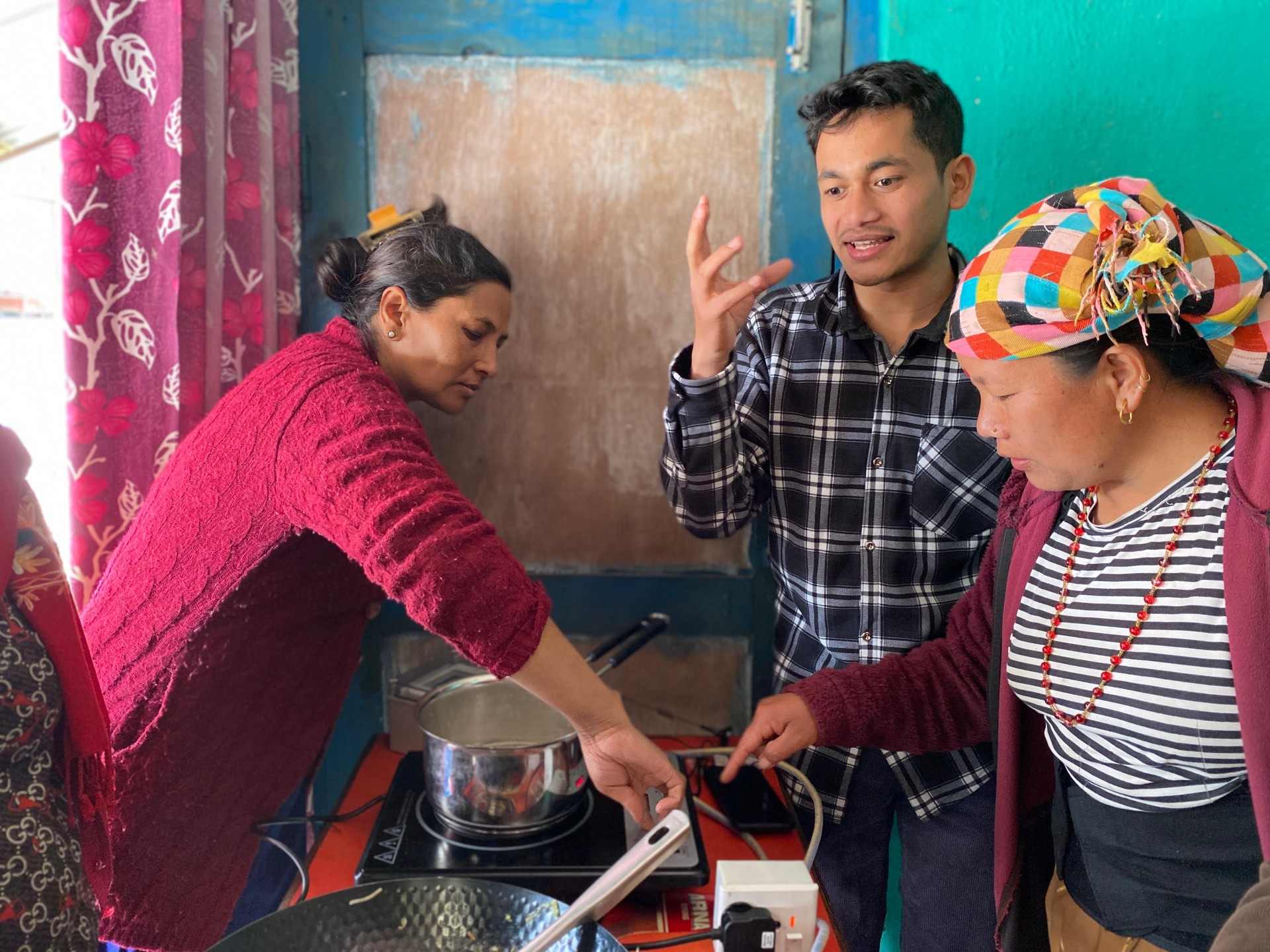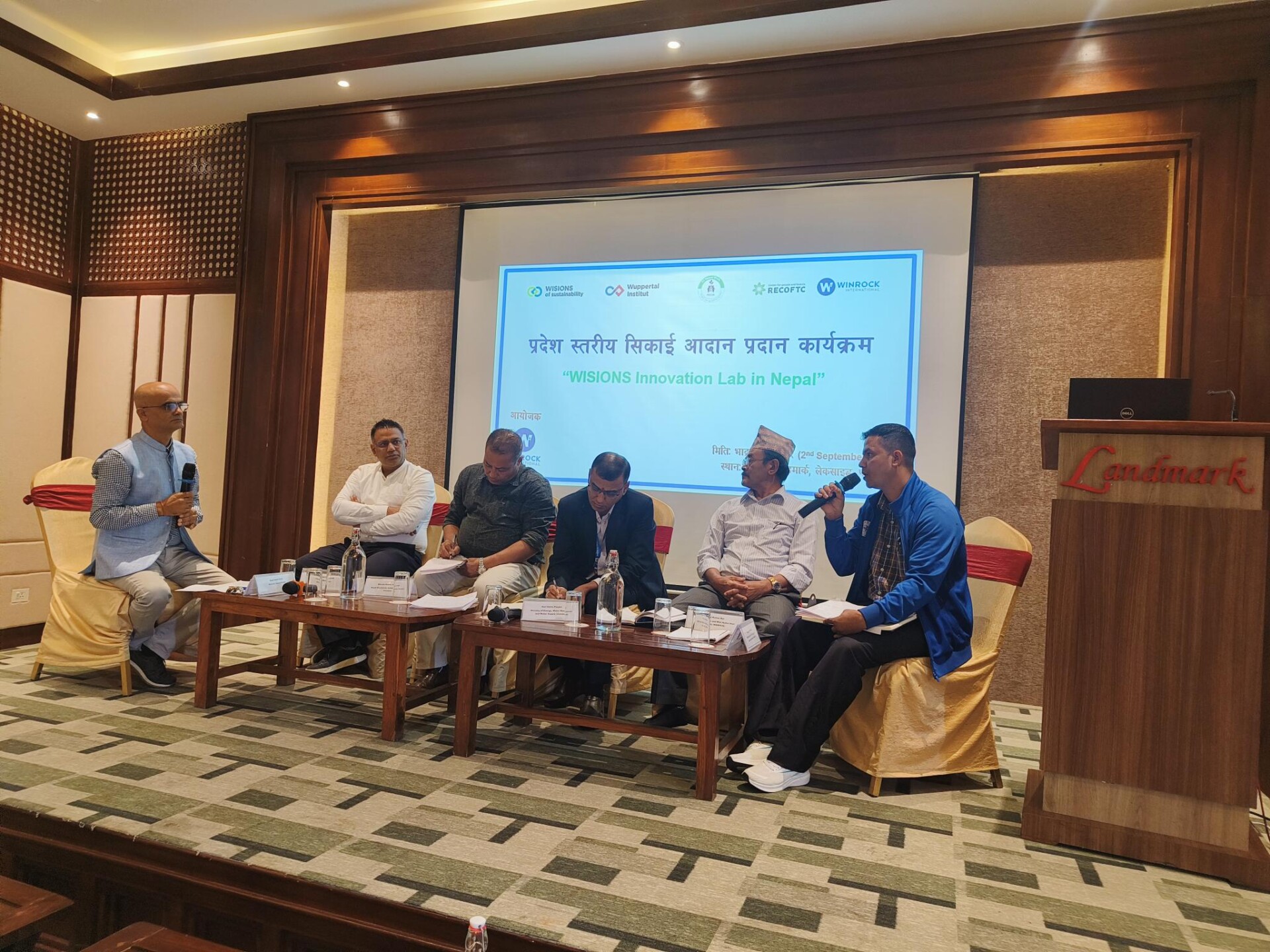E-cooking offers promising opportunities for rural enterprises in Nepal, boosting savings, health, and micro-hydropower sustainability. Our new report highlights key findings from twenty small businesses in Baglung.
Enhancing Productive Biogas Use in Mexico
In the second phase, the project aimed to demonstrate the feasibility of adapting and applying commercial gasoline motors available in the Mexican market in order to provide mechanical and/or electric power to small and medium farmers by using their biogas. In this phase, there were five significant areas of work: biogas filtration, matching energy production and use, motor sizing and design, grid interconnection, and training and maintenance. Sixteen motors have been adapted and installed by IRRI.
The project has already led to significant advances in the application of biogas for small scale electric power (between 5 and 10 kW) and has opened the door to the further development of the technology. All the installed motors are currently under a monitoring and maintenance regime for the next 12 months to improve data on the operating parameters and benefits of these systems.


